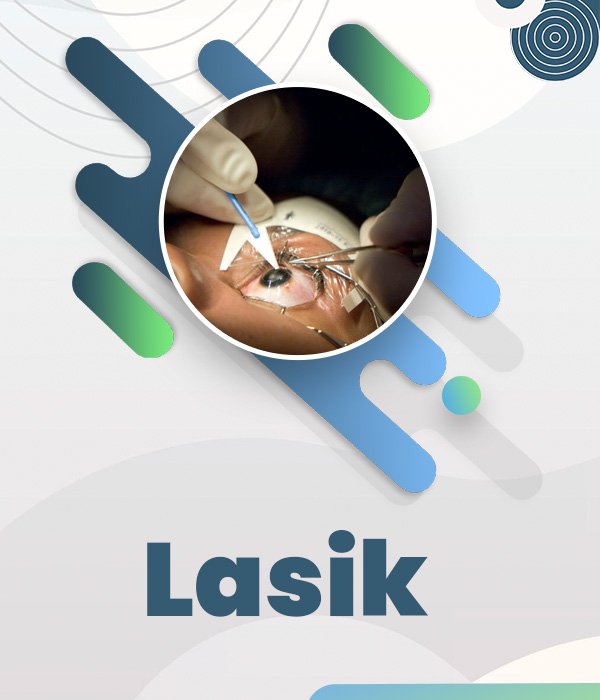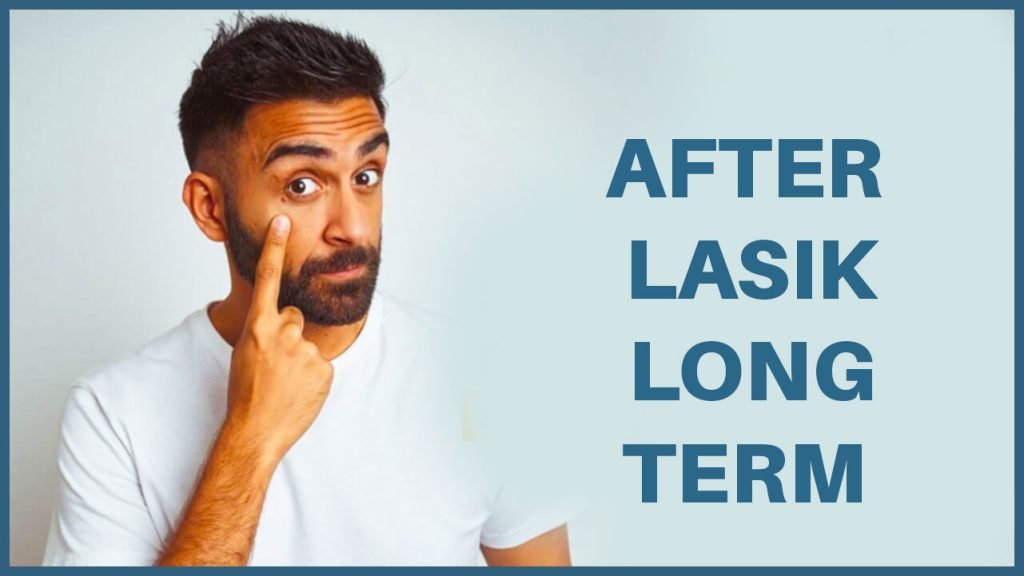


Possible to correct most cases of long and short-sightedness and astigmatism. It is also possible to reduce dependence on reading glasses. People of all ages enjoy the benefits of refractive surgery. With LASIK surgery, most people’s vision improves right away, but some find that their vision gradually improves even more over the next few days or even weeks.
Most people achieve 6/6 or better vision with LASIK. Some may achieve only 6/9 depending on the original status of the eye. Usually, you can expect the same level of vision your initial glasses gave you. Postoperative complications can include infection or night glare (starbursts or halos that are most noticeable when you’re viewing lights at night, such as while you’re driving). These typically occur only
in high ( >-8.00 ) or in astigmats. They usually diminish with time and are, later, hardly noticeable.
Even if you see perfectly after laser eye surgery, you may still need reading glasses or bifocal contact lenses once you hit your 40s. This is because of a condition called presbyopia which begins to develop in most people when they’re between the ages of 38 and 42. Your distance vision will probably remain crisp, but seeing up close will be more difficult.
Rarely, people will experience improvement, then notice a gradual worsening of vision called “regression”. If this happens, one more surgery (called an enhancement or “touch-up”) will be necessary.If you have less than perfect vision improvement may be possible following the enhancement LASIK procedure.




